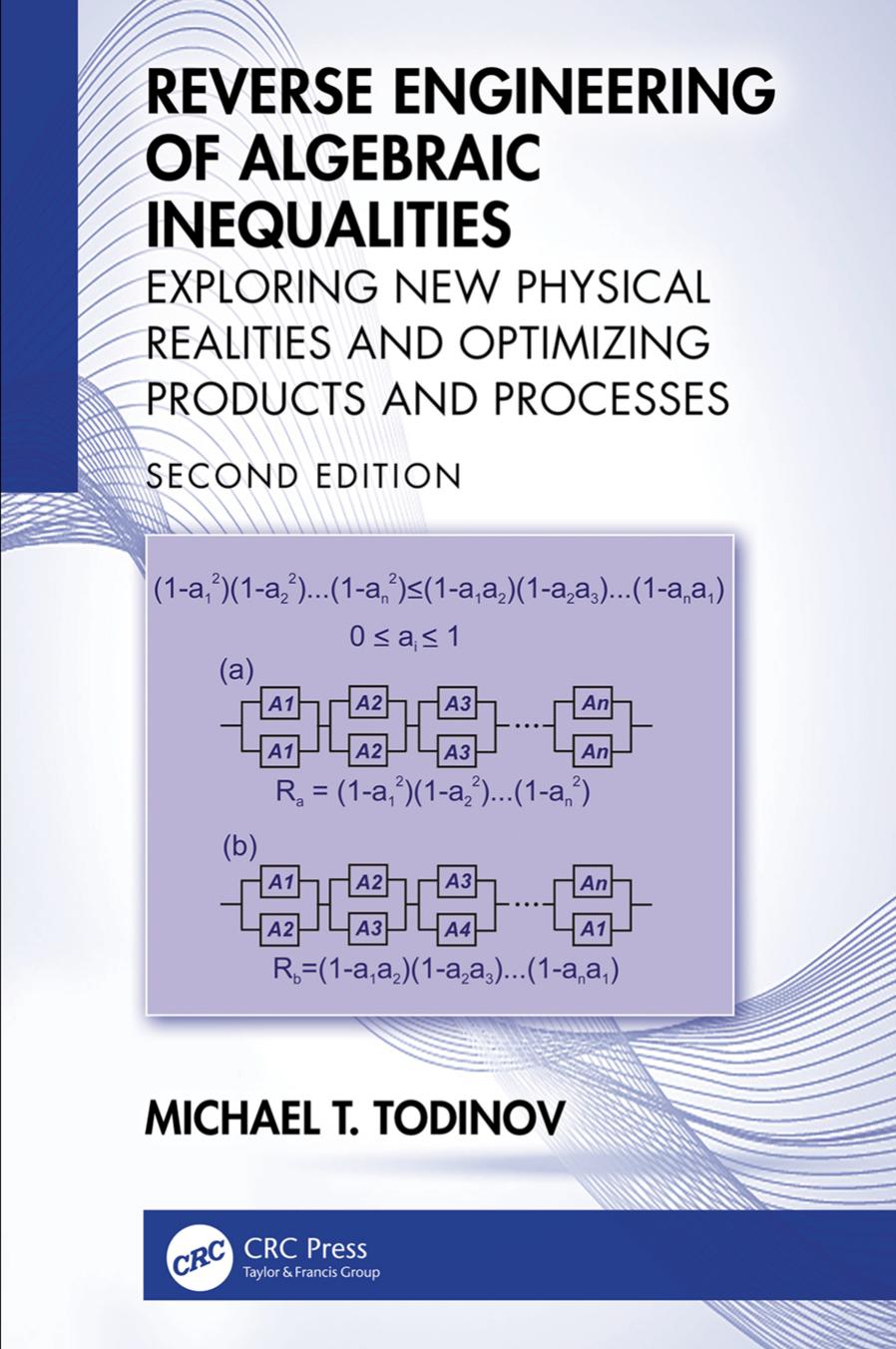

Most ebook files are in PDF format, so you can easily read them using various software such as Foxit Reader or directly on the Google Chrome browser.
Some ebook files are released by publishers in other formats such as .awz, .mobi, .epub, .fb2, etc. You may need to install specific software to read these formats on mobile/PC, such as Calibre.
Please read the tutorial at this link: https://ebookbell.com/faq
We offer FREE conversion to the popular formats you request; however, this may take some time. Therefore, right after payment, please email us, and we will try to provide the service as quickly as possible.
For some exceptional file formats or broken links (if any), please refrain from opening any disputes. Instead, email us first, and we will try to assist within a maximum of 6 hours.
EbookBell Team

4.7
36 reviewsThis book introduces a groundbreaking method for generating new knowledge in science and technology that relies on reverse engineering of algebraic inequalities. By using this knowledge, the purpose is to optimize systems and processes in diverse fields such as mechanical engineering, structural engineering, physics, electrical engineering, reliability engineering, risk management and economics. This book will provide the reader with methods to enhance the reliability of systems in total absence of knowledge about the reliabilities of the components building the systems; to develop light-weight structures with very big materials savings; to develop structures with very big load-bearing capacity; to enhance process performance and decision-making; to obtain new useful physical properties; and to correct serious flaws in the current practice for predicting system reliability.
This book will greatly benefit professionals and mathematical modelling researchers working on optimising processes and systems in diverse disciplines. It will also benefit undergraduate students introduced to mathematical modelling, post-graduate students and post-doctoral researchers working in the area of mathematical modelling, mechanical engineering, reliability engineering, structural engineering, risk management, and engineering design.